Loading the player
Biography of Mohamed Shaaban Abu Qarn
Sheikh Mohamed Abu Qarn, who is known by Abi Assem, is considered a reciter by nature, and a very knowledgeable Sheikh. He was born in 1984 in Egypt, and he was distinguished since his childhood by his charisma that made him an Imam at only the age of 15 years old. He is also gifted with the capacity to memorize easily, as he finished the holy Quran memorization at the age of 16 years old.
He has an immense love for the Quran, as he dedicated his life to reflect on its meanings and to study its sciences in depth. He obtained a certification in the “Tajweed” and in the Shari’a, as well as a high certification of Quranic readings. He is also a specialist in the “Ten readings”, as he studied them in “Al Azhar” university, to move after that to the University of Cairo in which he earned a bachelor degree in the Media domain. He also went to “Oum Al Mouaeminin” Institute in Alexandria to study the Shari’a under the supervision of Sheikh Dr. Ahmad Farid.
Throughout his career, Sheikh Mohamed Shaaban was known for being a teacher of the holy Quran and of the rules of “Tajweed”. He was appointed as a member in the “special teaching authority” in the Egyptian centers “Sheikh Al Maqari’a” of Ahmed Issa Al Maasaraoui. He was also a teacher in the “Preachers Institute” in the Egyptian city Motobas, in “Dar Al Firdouas Al Aala” in Alexandria, and in “Dar Hajar Al Sulmi” Institute of the Quran memorization in Mecca, Saudi Arabia.
Besides working as a professor, Sheikh Mohamed Shaaban was known for working in the field of “religious media”, as he worked in the committee of preparation in both “Al Fajr” TV channel, and “Al Majd” TV channel of the Quran. He also served as a president of the audit committee of the Quran in “Al Azhar” University.
It is noteworthy to say that Sheikh Mohamed Abu Qarn has numerous certifications according to the following books: “Al Minhaj explanation of Sahih Muslim Ibn Al-Hajaj”, “Al Ahwadi masterpiece with the explanation of Jamiaa Al-Tarmidi”, “Safwat Al Tafasir” of the scholar Al Saboni, “Al-Taysir of the seven readings” by Abi Amru Al Dani, etc.
He has also a collection of Quranic recitations according to the “Ten readings” from “Al Shatibiya”, “Al Durra”, and “Al Tayba”.
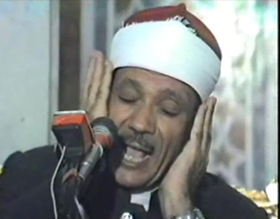
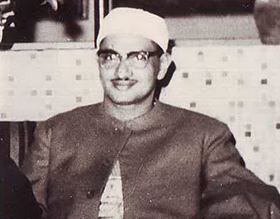
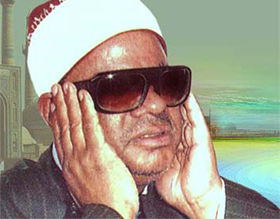
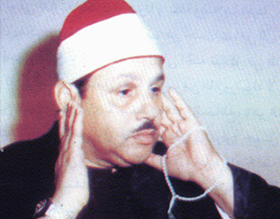
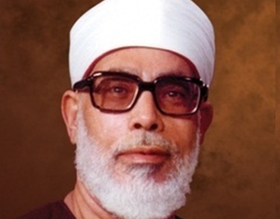
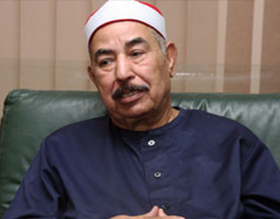
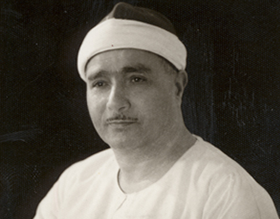
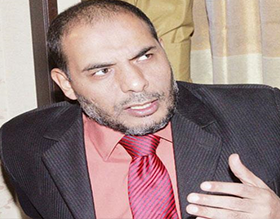
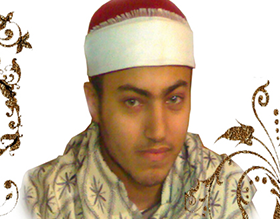
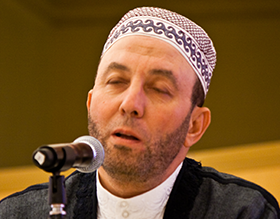
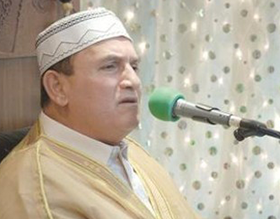
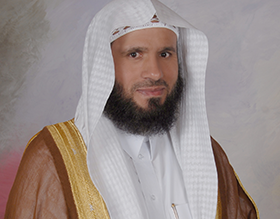
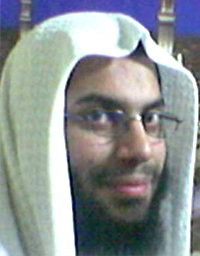
Comments